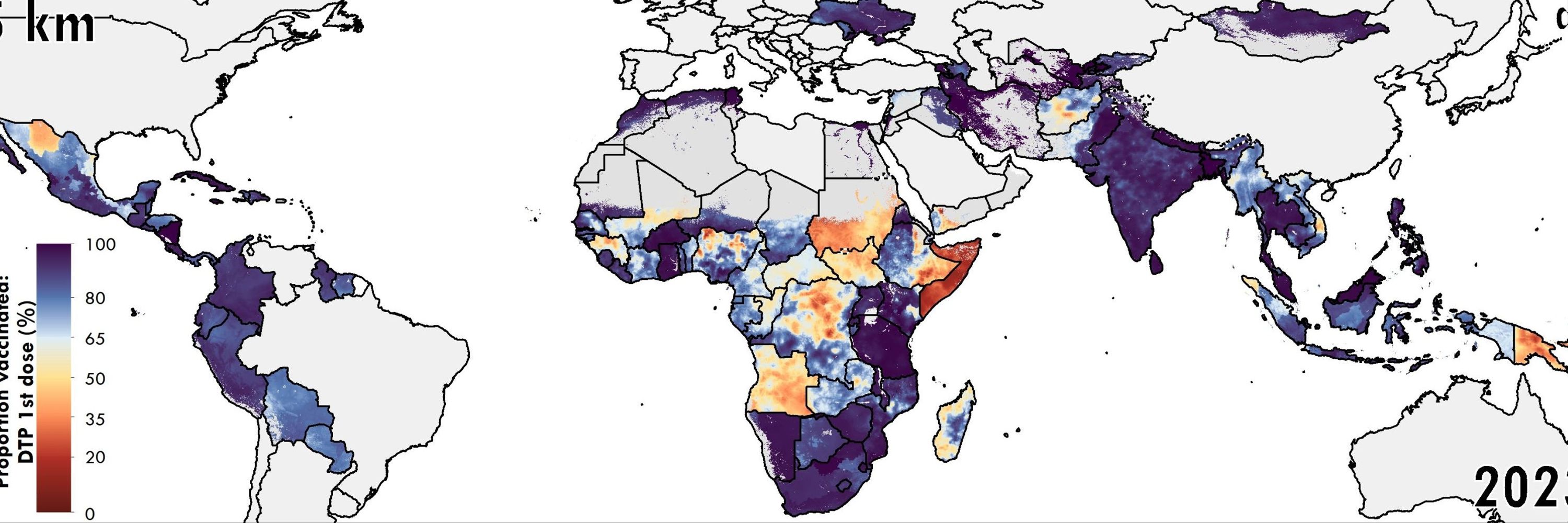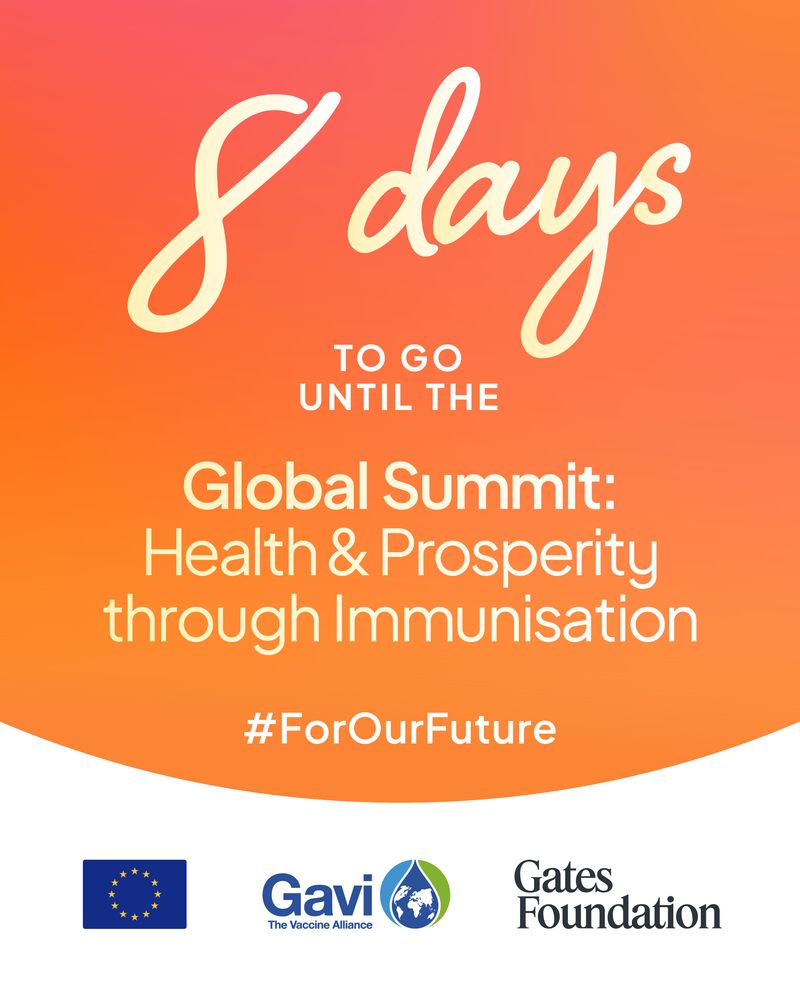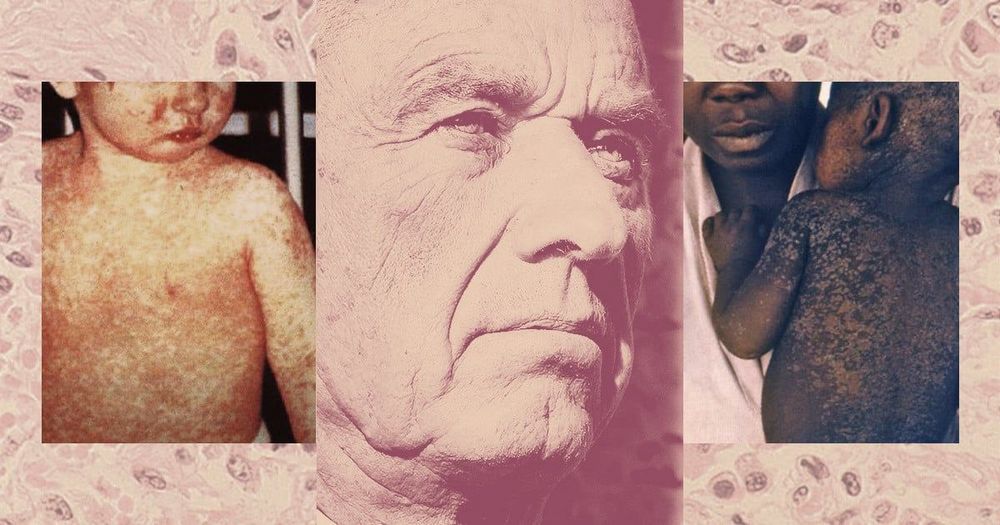

pids.org/2025/12/05/p...

pids.org/2025/12/05/p...
doh.wa.gov/newsroom/wes...
doh.wa.gov/newsroom/wes...
As the federal government continues to fail children's health, families can rely on our nation's physicians to continue to put children's health first.

As the federal government continues to fail children's health, families can rely on our nation's physicians to continue to put children's health first.
It was painful.
But we learned a lot.
That bad news is that our kids are going to pay the price for RFK jr’s views.
insidemedicine.substack.com/p/analysis-o...

It was painful.
But we learned a lot.
That bad news is that our kids are going to pay the price for RFK jr’s views.
insidemedicine.substack.com/p/analysis-o...


#GBD2023 #ChagasDisease #NTDs #IDSky

#NTDs #episky #malaria #lymphaticfilariasis

-- @agawande.bsky.social

-- @agawande.bsky.social
Read more @statnews.com
www.statnews.com/2025/06/24/v...

Read more @statnews.com
www.sciencemediacentre.org/expert-react...
Congratulations to all of our co-authors - this was a massive amount of work and comes at a particularly critical time.
Highlights in 🧵

Congratulations to all of our co-authors - this was a massive amount of work and comes at a particularly critical time.
Highlights in 🧵

Every bold global health milestone began with one moment of collective will. In 8 days, world leaders will face that moment. Will they rise to protect 500 million children and build the strongest immunisation push in history?
#ForOurFuture

Every bold global health milestone began with one moment of collective will. In 8 days, world leaders will face that moment. Will they rise to protect 500 million children and build the strongest immunisation push in history?
#ForOurFuture
"Removing vaccine experts from developing thoughtful policy will harm all Americans, particularly our children."
"Removing vaccine experts from developing thoughtful policy will harm all Americans, particularly our children."
The move was “not normal at all,” one agency staff member said.
By @sheinvestigates.bsky.social

The move was “not normal at all,” one agency staff member said.
By @sheinvestigates.bsky.social
“To me, the big shame is that with budget cuts, we are not ramping up research into what is actually causing autism,” Mr. Hunter said.
#idsky #pedsidsky #episky
“To me, the big shame is that with budget cuts, we are not ramping up research into what is actually causing autism,” Mr. Hunter said.
#idsky #pedsidsky #episky
#episky #medsky #idsky #pedsidsky

#episky #medsky #idsky #pedsidsky
The US provides 13% of Gavi's budget.
#episky #idsky #pedsidsky

The US provides 13% of Gavi's budget.
#episky #idsky #pedsidsky
A #GBD study calls for renewed efforts & international investments to reduce the burden of HAP: tinyurl.com/3w94ysy9 @ihmeuw.bsky.social

A #GBD study calls for renewed efforts & international investments to reduce the burden of HAP: tinyurl.com/3w94ysy9 @ihmeuw.bsky.social
I teamed up with @unbiasedscipod.bsky.social to break down decades of research, covering dozens of studies with millions of children.
open.substack.com/pub/theunbia...

I teamed up with @unbiasedscipod.bsky.social to break down decades of research, covering dozens of studies with millions of children.
open.substack.com/pub/theunbia...
We want people to get vaccinated so they don't die. It makes NO sense to eliminate this research.

We want people to get vaccinated so they don't die. It makes NO sense to eliminate this research.


